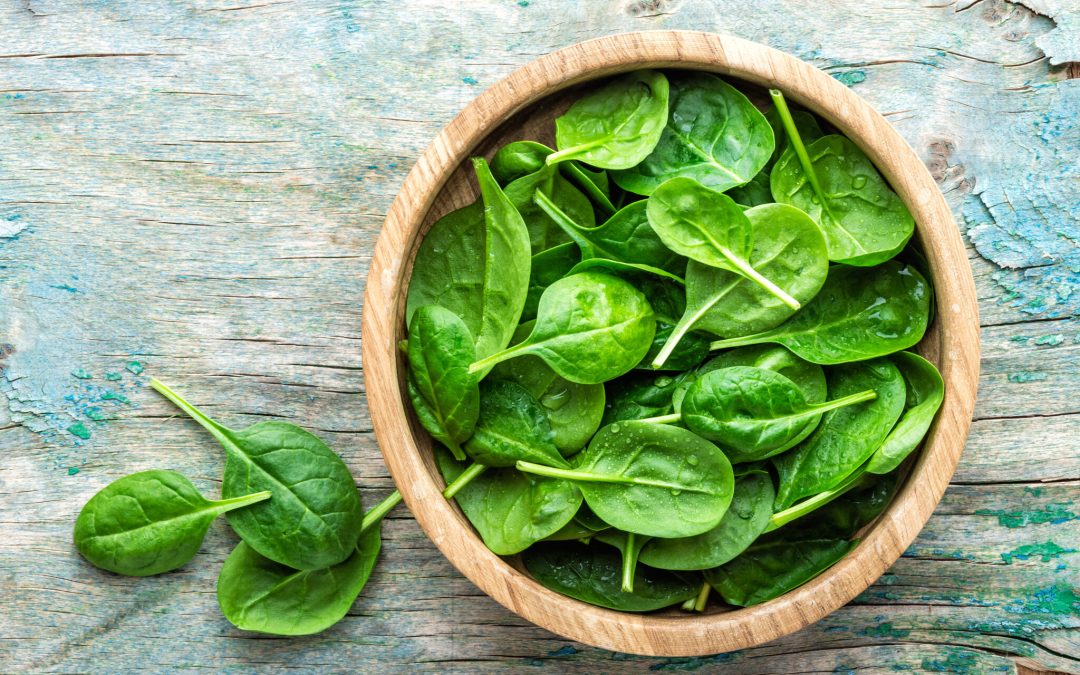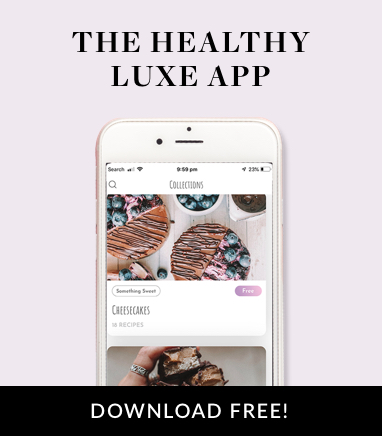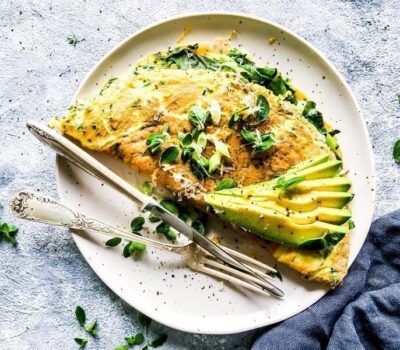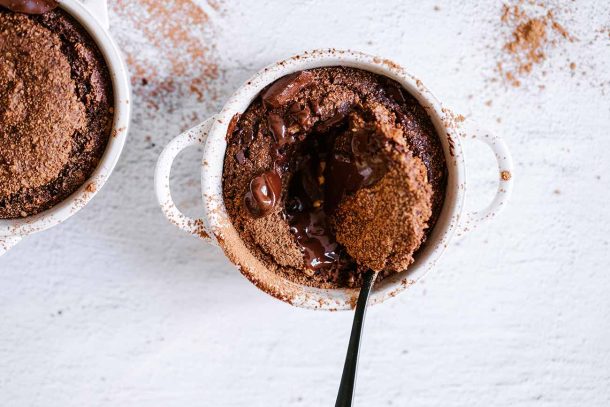Why do we need Iron?
Iron is essential for healthy blood formation as well as many biochemical processes. Despite its vital role, it is one of the world’s most common deficiencies. In this nutrition snapshot we look at how you can maximise absorption of this mineral as well as outlining some of the best plant based sources of iron.
Vegans and vegetarians are at higher risk of this deficiency as iron is best absorbed in the form of heme iron (from animal sources). However, there are ways of improving absorption of this important mineral when consuming non-heme iron (from plant sources), such as consuming iron with Vitamin C. Examples of foods rich in Vitamin C include oranges, papaya, pineapple, broccoli, cauliflower and tomatoes.
The plant based non-heme iron is also vulnerable to absorption inhibition which occurs when drinking tea (due to polyphenols) and it is therefore important to avoid drinking tea with meals.
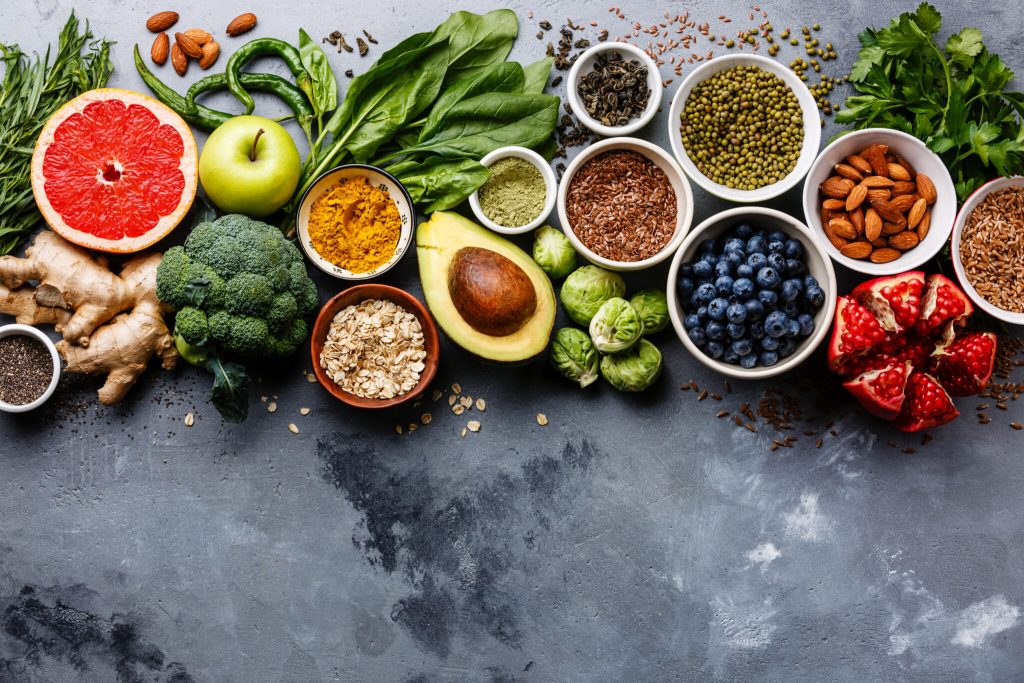
What happens if we don’t have enough iron?
Iron deficiency leads to anaemia, an insufficiency of red blood cells, which in turn impacts oxygen delivery to all cells. As a result, energy levels are depleted, immunity can be low and headaches/dizziness can occur.
Plant based sources of non-heme Iron:
- Almonds
- Avocados
- Parsley
- Sunflower and pumpkin seeds
- Apricots
- Prunes
- Soy beans, tofu and tempeh
- Dark leafy greens (kale and spinach)
Iron can be supplemented orally, however in some cases injections may be required. This should be discussed with a qualified health care provider based on your individual needs. You can book in for a consultation with us (we offer single sessions as well as our 5 week programme).
We also store iron in the liver (known as ferritin stores). A blood test including an iron study will reveal the available stores. There are some people who have too much iron, due to a genetic condition called haemochromatosis, again illustrating the importance of individual assessment.

